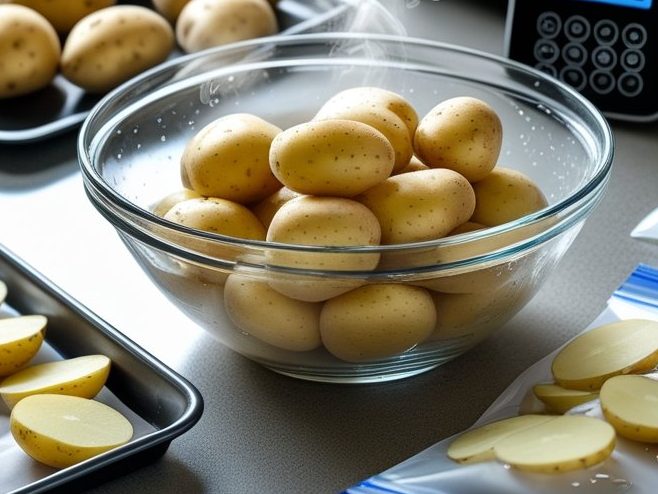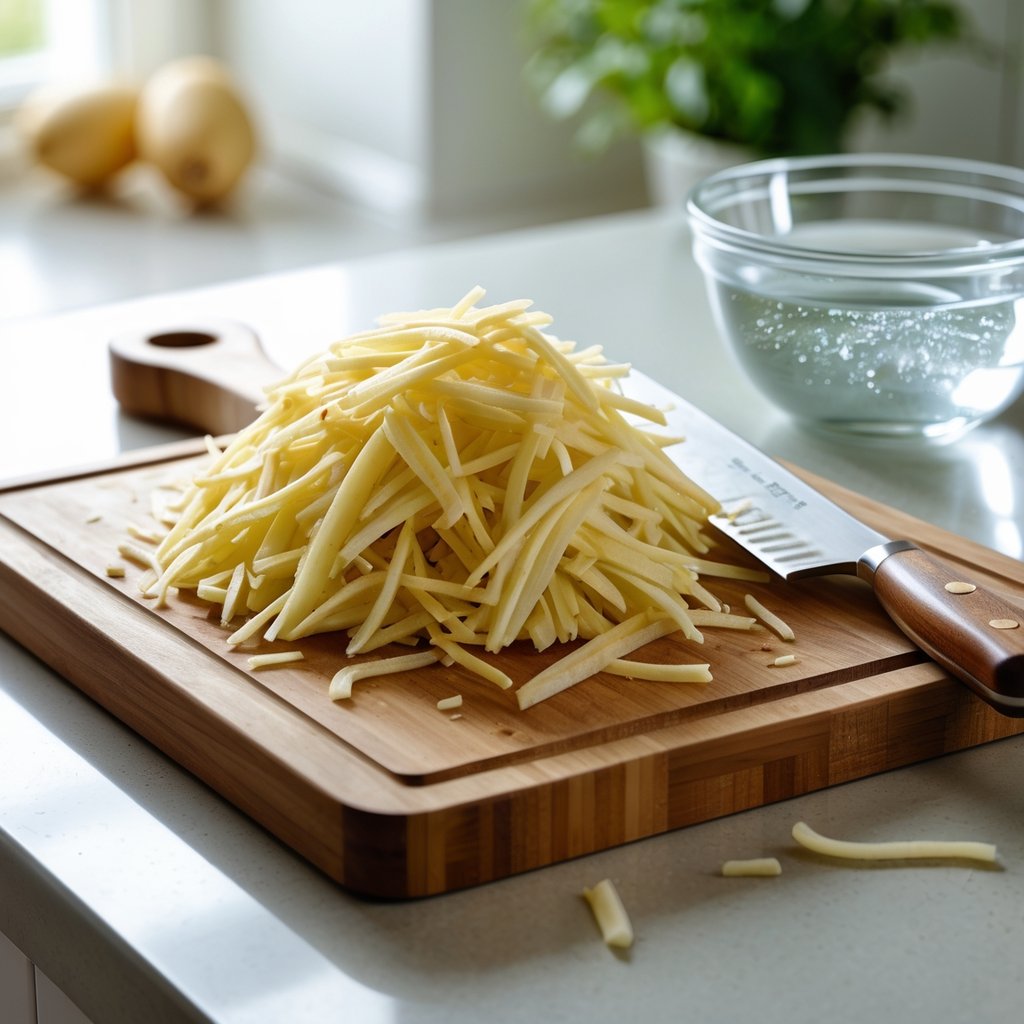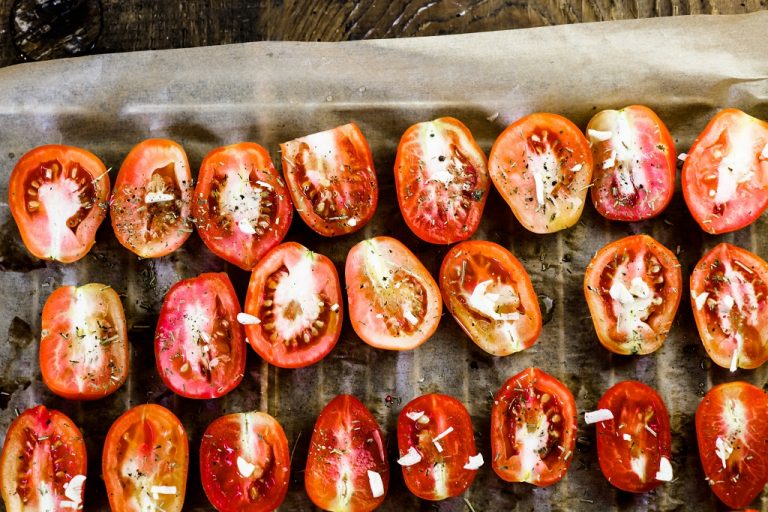5 Ways To Freeze Russet Potatoes To Preserve Them For Future Meals Like A Pro
Have you ever ended up with a big bag of russet potatoes and no way to use them all before they start sprouting?
You can freeze russet potatoes in several simple ways to keep them fresh and ready for future meals. This saves both time and money while giving you more options in the kitchen.
With the right steps, you can turn those extra potatoes into easy ingredients for soups, sides, or quick snacks.
Here’s how you can prepare and freeze them in five different forms, making cooking faster and more convenient.
1. Blanch and freeze cubed russet potatoes to lock in texture and flavor.

- Cut your russet potatoes into even cubes, then blanch them in boiling water for a few minutes.
- After that, quickly cool them in ice water to stop the cooking process.
- Once cooled, pat them dry and spread them on a baking sheet to freeze individually.
- After they harden, transfer them into freezer bags for easy storage.
You can follow step-by-step instructions on how to freeze cubed potatoes.
Why It Works
Blanching slows enzyme activity, which helps your potatoes keep their flavor and texture.
Cubing before freezing makes them easier to use in soups, stews, or quick side dishes.
Picture this.. A kitchen counter with a bowl of cubed russet potatoes, a pot of boiling water, a bowl of ice water, and a baking sheet lined with frozen potato cubes.
2. Make mashed potatoes, cool completely, then freeze in airtight containers.

- First, cook your russet potatoes and mash them.
- Let the mashed potatoes cool completely. Warm food traps steam, which can cause freezer burn.
- Once cooled, portion the mash into meal-sized servings.
- Place them in airtight containers or freezer bags, then remove any excess air.
- This method keeps the texture smooth and allows for easy reheating.
- You can check out step-by-step instructions on freezing mashed potatoes.
Why It Works
Mashed potatoes freeze better than raw potatoes because the cooking process changes their structure.
Cooling first prevents ice crystals, and airtight storage locks in flavor.
Picture this.. A kitchen counter with bowls of mashed potatoes cooling, small airtight containers lined up, and a hand sealing a freezer bag filled with creamy mash.
3. Parboil whole or sliced potatoes for 4-5 minutes before freezing to avoid sogginess

When you drop whole or sliced potatoes into boiling water for just 4-5 minutes, you give them a quick head start on cooking.
This step, called parboiling, helps them retain their shape once frozen.
After boiling, drain them well and let them cool before placing them in freezer bags.
For step-by-step directions, refer to this guide on how to freeze potatoes.
Why It Works
Parboiling stops enzymes that cause texture changes and prevents potatoes from turning mushy.
It also locks in flavor, so when you cook them later, they retain their fresh taste instead of becoming bland.
Picture this.. A kitchen counter with a pot of boiling water, sliced russet potatoes being lifted out with a slotted spoon, steam rising, and a tray of cooled potatoes ready for freezing.
4. Freeze homemade French fries after blanching for crispy results later.

- Cut your russet potatoes into even sticks, then blanch them in boiling water for a few minutes.
- Drain and let them cool before spreading on a baking sheet to freeze.
- Once solid, transfer them into freezer bags for easy storage.
For more details, you can follow a step-by-step guide on how to freeze homemade French fries.
Why It Works
Blanching stops enzymes that cause potatoes to turn brown and mushy.
Freezing them after blanching helps fries keep their texture, so they crisp up beautifully when baked or fried later.
5. Shred potatoes, rinse to remove starch, then freeze for quick hash browns.

- Start by shredding your russet potatoes with a box grater or food processor.
- Place the shreds in a bowl of cold water to rinse away excess starch that can cause clumping.
- Drain them well, then blanch in boiling water for about 3 minutes.
- Spread the blanched shreds on a baking sheet to cool.
- Freeze in single layers before transferring to freezer bags. This makes it easy to grab just what you need for breakfast.
For step-by-step instructions, check out this guide on freezing potatoes for hash browns.





